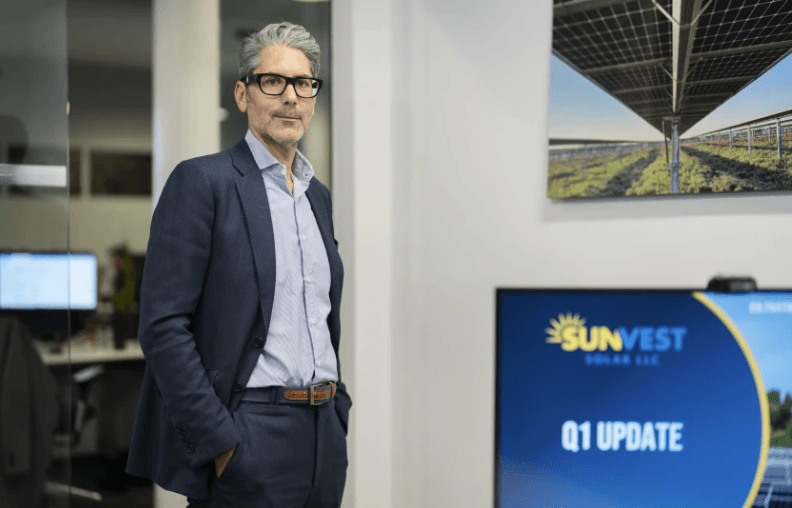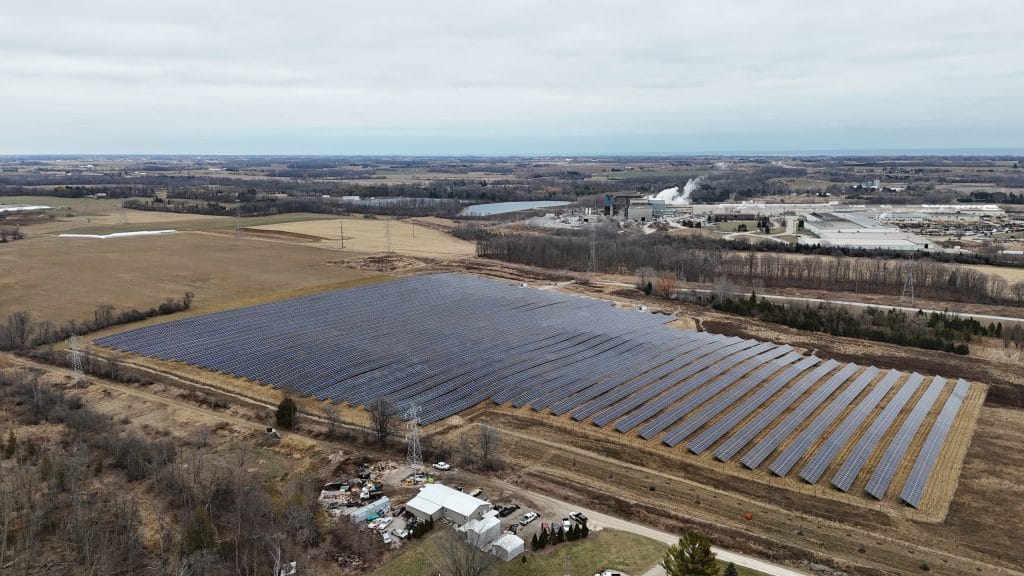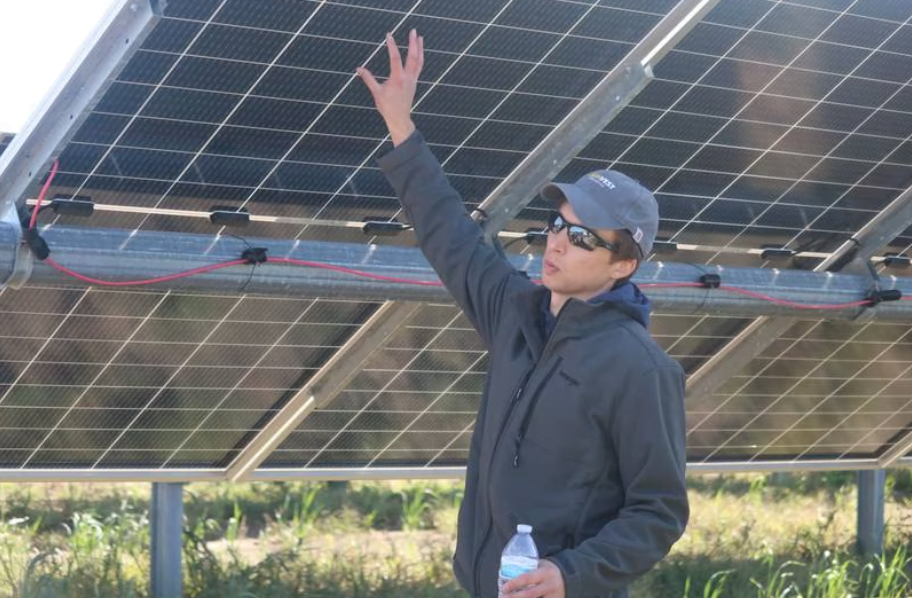Top 5 Disqualifications of Rooftop Solar
Investing in solar can bring a wide range of benefits to a commercial and industrial building. Whether you are interested in reducing operating costs, minimizing your business’ impact on the environment or both, installing rooftop solar can be a great idea! But not every roof is a good candidate for solar; there are several factors we commonly see that can almost certainly disqualify a property as a candidate for rooftop installation.
To help you in this endeavor, we’ve compiled a list of five common reasons why a building may not be a good candidate for rooftop solar.
1. The Roof Is Too Shaded
What’s the one thing a solar project needs to succeed? Sun, of course! When considering a solar installation, take a moment to consider your building’s location. Are there taller buildings in the immediate vicinity that would block the sun for much of the day? Is your building a shorter structure and shaded by tall trees? Do hills or mountains cast shadows on the roof during part of the day?
Assessing how much sun your roof can get in a day is an essential step in determining whether solar will work for you and your business.
2. Your Building’s Roof Has Too Many Obstacles
Many commercial and industrial buildings store infrastructure components on their roof, and anything from pipe placement and dominant HVAC systems can limit the amount of open, flat space available for solar panels.
The less space for a well-designed solar array, the less power can be generated. Optimizers and other equipment can help make a crowded roof viable for solar, but those technologies have limits. Plus, there still need to be paths to access the HVAC and other equipment. Some roofs just have too much equipment to allow a system large enough to make it worthwhile.
3. The Roof Has An Unfavorable Pitch
Another factor to consider is the pitch of your roof. While many commercial buildings have a flat roof surface, your location may have a highly steep roofline. A flat roof with plenty of open space is the best fit for rooftop solar, including ballasted installations. Why? Simply put, a flat roof makes installation faster, easier, and cheaper, while a membrane roof with a pitch of more than around 15 degrees is generally too costly.
The ideal situation for a roof array? A flat, unobstructed roof with more than 50,000 square feet of available space and either a high electrical base load or a regular daytime load. If your business happens to have a roof with an unfavorable slope, however, investing in solar isn’t necessarily off the table! Consult with a qualified solar team to assess your roof space and develop a plan of action.
4. The Complexity Outweighs The Benefit
When looking into solar, you must consider all the costs. How complex will your installation be? How quickly will you experience ROI after your installation? In some cases, it may be physically possible to install solar on your roof, but the cost may not justify the complexity. For instance, ballasted roofs – which cover the surface with small rocks – require workers or specialty machinery to remove and replace them. This work increases labor and installation costs and may make the project economics unattractive.
Other roofs cannot be safely penetrated, meaning the wiring needs to be connected on the outside of the building. Some building owners may find external conduit or piping on their facility is unattractive or sacrifices building usability.
A qualified developer can help you understand the complexities and find solutions.
5. You Just Need A New Roof
Your solar installation is only as solid as the roof it rests on. Older roofs, or those in need of major repairs are a dealbreaker when it comes to rooftop solar disqualifications. Solar installations last 20-25 years and the roof supporting it needs to last just as long.
If your roof is in bad shape and will need significant upgrades within the next few years, the time may not be right for solar. A good rule of thumb is to limit solar installations to roofs that are less than 10 years old.
Installing rooftop solar panels can be a solid investment for many businesses. If you are a commercial or industrial building owner and would like to explore your options, consult with our solar experts, fill out a contact form today!
Stay connected! Follow us on LinkedIn.



